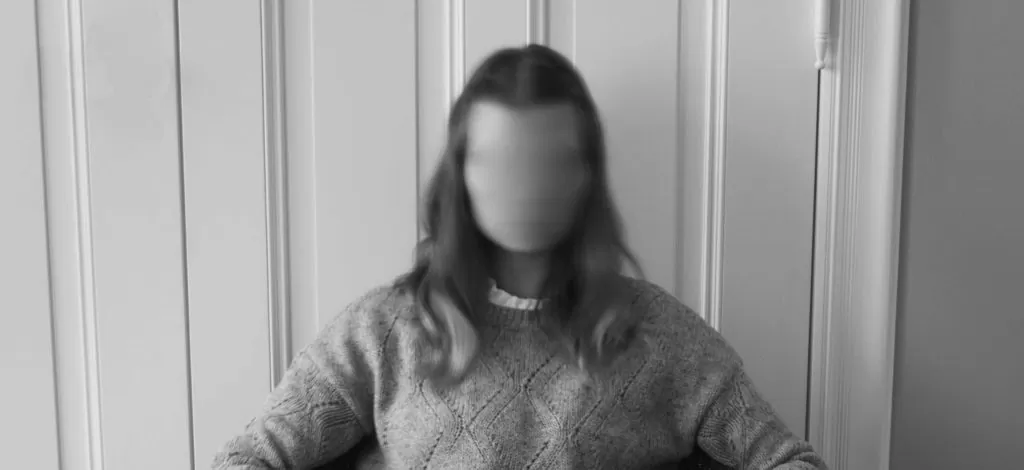Too often, dizziness and vertigo are used as interchangeable terms. But they aren’t. There’s a big difference between vertigo vs. dizziness. We’d like to set the record straight on the difference between these two terms. So that you have a better understanding of the best course of action to move forward with treatment.
What’s the Difference?
All vertigo is dizziness, but not all dizziness is vertigo. Dizziness is the blanket term, while vertigo is a more specific type of dizziness. In other words, dizziness is “mathematics” while vertigo is “addition”. Dizziness is used to describe a range of sensations such as feeling faint, woozy, weak, or unsteady. When you stand up too quickly and you get lightheaded, that’s dizziness. When you lose your bearings and stumble aside, that’s dizziness. (More on the Types of Dizziness here) Vertigo is a form of dizziness that creates a false sense that you or your surroundings are spinning or moving. It’s an illusion. False signals in the body’s balance centers cause your body to overcompensate and create this false sense of motion. People often describe it as being suddenly scooped up by a speeding train going in circles.
One-third of vestibular disorders come with vertigo symptoms. So it’s quite a common symptom amongst dizzy patients.
Where does vertigo vs. dizziness originate?
Causes of Vertigo vs. Dizziness
There are three main components that create balance. Therefore, most causes of dizziness are rooted in these areas:
- Eyes, muscles, joints – visual and sensory input
- Inner ear – calibrates the head’s position
- Brain stem – balance control center
Causes from the eyes, muscles, and joints: poor eyesight, poor muscle, and joint control, and nerve damage Causes from the inner ear: BPPV, vestibular neuritis, labyrinthitis, and Meniere’s Disease Brain stem causes: concussions and cellular degeneration Miscellaneous causes: dehydration, low blood sugar, poor blood circulation, migraines, stress and anxiety, medication, etc. Whereas all of the above complications can create dizziness. Vertigo is rooted mostly with problems in the inner ear.
35% of adults aged 40 years or older in the US have experienced some form of vestibular dysfunction. That’s a third of the adult population having issues with dizziness. And yet, it’s one of those symptoms that is easily swept under the rug. Even when chronic dizziness completely disrupts normal, everyday life.
There is help… you don’t have to be dizzy.
Diagnosis & Treatment
Treating vestibular problems is a very effective science consisting of head position maneuvers, balance therapy, and in some cases psychotherapy. The Epley Maneuver, vestibular rehabilitation therapy, and diet changes are among the more standard treatments. Recent advancements include the use of virtual reality applications as well. It may seem like dizziness can be a symptom of almost everything! First, figuring out Why Am I Dizzy is necessary. Then, see an Vestibular Audiologist. They’re the best resource for pinpointing the source of your symptoms and setting you on the right path. If you’re in (or can travel to) LA, then come by our office: the Dizzy & Vertigo Institute. Schedule a consultation with us here or give us a call at (310) 954-2207.
